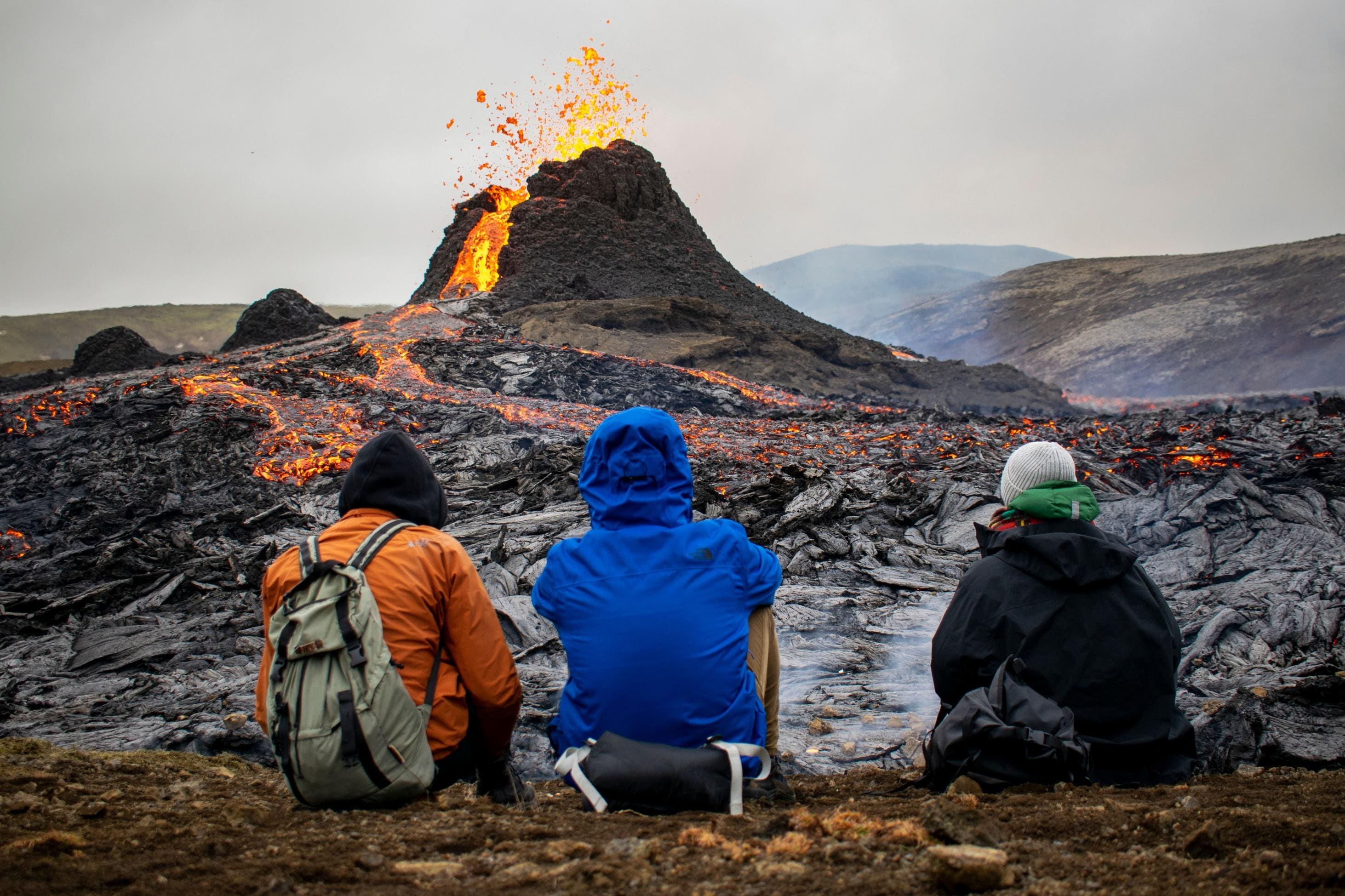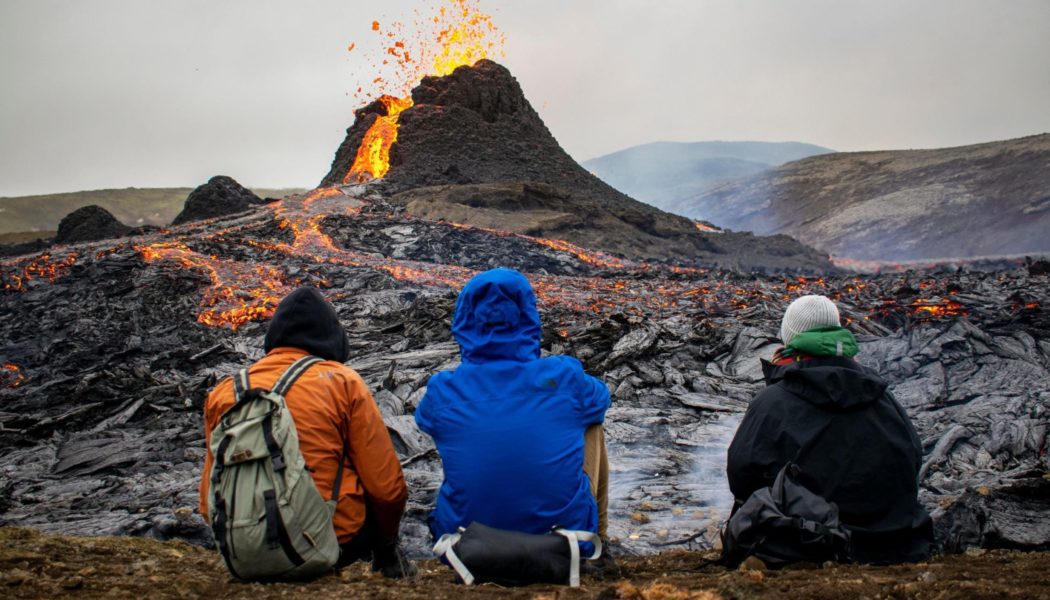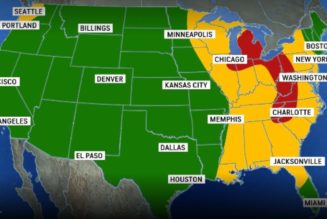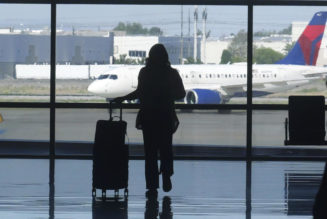
Thousands of residents have been evacuated from a coastal Icelandic town and a world-famous spa has closed as experts fear a nearby volcano could erupt in a matter of days. Travelers should watch the situation closely, but there’s no need to alter travel plans—yet.
Iceland’s otherworldly landscapes attract tourists from across the globe, yet this beauty comes at a cost. These stunning sights are the result of intense volcanic activity, a phenomenon that Iceland is abundantly rich in.
Such activity has increased over the last week with the Icelandic Meteorological Office (IMO) referring to a “dense swarm” of seismic activity, caused by the accumulation of magma below the earth’s surface.
And yet, despite the evacuation of the town of Grindavik, just 10 miles south of Iceland’s main international airport at Keflavik, life goes on in the island nation.
Is Iceland still open for tourists?
Many frequent travelers will remember the 2010 Eyjafjallajökull eruption because of the chaos it caused to air traval across much of Europe. The risk of volcanic ash damaging aircraft engines caused the biggest shutdown of airspace in Europe since the Second World War.
But earthquakes and even eruptions are a fact of life here. There have been several eruptions since then that have caused little to no travel disruption.
That being said, foreign countries are ramping up their travel warnings, while not yet advising against travel to Iceland.
The U.S. State Department’s travel advisory for Iceland remains at the lowest level, although it has issued a volcano alert advising people to monitor the situation. The United Kingdom’s travel advice is similar, encouraging people to avoid the immediate area of seismic activity and monitor local media.
Status of travel in Iceland
Keflavik International Airport is operating as normal, with no reported cancelations to Icelandair and PLAY flights to/from North America and Europe. However, the airport’s readiness level has been raised.
The area immediately south and southeast of Keflavik International Airport, which is home to major tourist attractions such as the Blue Lagoon, is now essentially off limits.
This means that pre-booked tours of Iceland’s ‘golden circle’ from Reykjavik will also be affected. Contact your tour provider to see if alternative itineraries are available.
Outside this relatively small area, there is little to no disruption right now. Life in Reykjavik goes on as usual. International ferries to Seyðisfjörður remain operational, and the handful of cruise ships and leisure vessels in the area appear to be unaffected.
Should you book a trip to Iceland now?
Although definitely off-season for tourism, November is popular with travelers hoping to see the northern lights. While not on the scale of markets elsewhere in Northern Europe, Iceland’s Christmas markets also attract visitors keen on Nordic-themed souvenirs and gifts for the festive season.
Should an eruption occur, it’s impossible to know what impact it will have on international flights. However, at least some disruption should be expected in the event of an eruption while the situation is assessed.
That being said, an Icelandic Met Office official told Britain’s Radio 4 that although any potential eruption could last “for weeks,” its location means disruption to airspace is less likely.
“First of all there isn’t an ice cap on top and it’s not a stratovolcano so there wouldn’t be an explosive blast of volcanic ash into the atmosphere,” said Matthew James Roberts, managing director of the service and research division.
Travel journalist Simon Calder from the Independent recommended using a travel agent right now: “I would book a package holiday, though, knowing that if the earth gets too restless for comfort in the vicinity, I would be able to cancel for a full refund.”
The biggest risk is getting to Iceland and finding the airport closed for your return journey because of an eruption that occurs while you’re there.
Make sure you are covered by a comprehensive travel insurance policy. Do not travel if your country of residence advises against it, as such actions could invalidate your policy.









